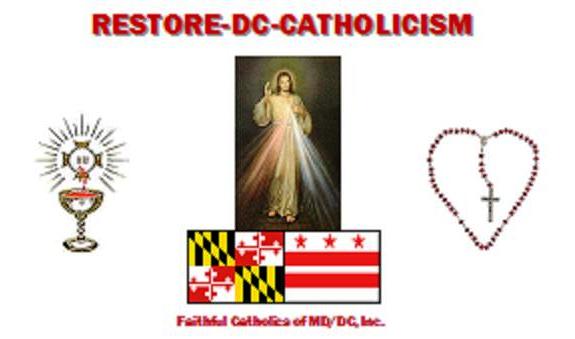The "Blog for Dallas Area Catholics" has a post on the "Social Reign of Christ the King". I've seen writings like this in the past. In my opinion, this is one of the areas in which good people can disagree regarding the form of government. As you watch the video embedded therein (and click here if you cannot see embedded video), you notice the narrator describing what he perceives as the problems of a constitutional republic, but he never quite gets around to offering any suggestion for practical replacement. The Dallas blogger also falls short in that respect. He opines (right before the video) that "the republican form of government in the US is not ideal from the standpoint of traditional Catholic dogma". All this begs the question, "well, what would be ideal in your opinion? Do tell!" I believe they have no idea.
The video narrator quotes some Scripture, including St Paul's exhortations to "honor the king" for all authority comes from God. Then he excoriates the US founding fathers for not inserting Christianity into the US Constitution. I wonder what he thinks of the "kings" who, according to St Paul, operated under God's authority. Remember - they were Roman officials and most likely paid public homage to all the Roman deities.
Many folks I know who are adverse to the US form of government (for the same reasons as the video maker) seem to think that a centralized monarchy is more in line with God's will. I would suggest to these folks that they read closely 1 Samuel 8 - the entire chapter. It's evident that God took a dim view of the Isrealites' request for a king. In my opinion, that trashes this idea of the "divine right of kings" or whatever this theory is called.
Now again the following is my opinion; I do not claim any special revelation or doctrine as the basis of my opinion. Similarly though, the Magisterium does not define what it considers to be the "ideal" form of civil government. The US form of government is that of a constitutional republic. It is NOT a pure democracy - never was and (hopefully) never will be. The Founding Fathers were very wary of a pure democracy, realizing that it would be no more than gentrified mob rule. Thus they derived the Constitution (after much toil and yes, strife among themselves). It delineates what the federal government can do and more importantly, what it cannot do. Among other things, it cannot interfere with the free exercise of religious beliefs. It may not be perfect, but it works much better than all other options currently on the table.
If there are those among my readers who don't vote because of a disdain for our governmental system (ostensibly in favor of "social kingship"), hie thee hence to a confessional with all possible haste.
Subscribe to:
Post Comments (Atom)









No comments:
Post a Comment
Please be respectful and courteous to others on this blog. We reserve the right to delete comments that violate courtesy and/or those that promote dissent from the Magisterium of the Roman Catholic Church.